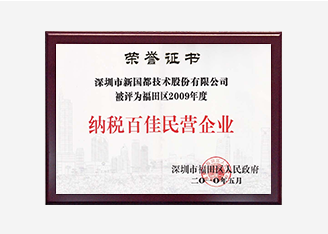The clinical significance of carbohydrate antigen 19-9 (CA 19-9)
Date:2021-04-25
Author:admin
Source:
Currently, it is commonly used clinically to detect tumor markers of pancreatic cancer.
1. Screening
Serum CA19-9 is generally not used for pancreatic cancer screening.
2. Auxiliary diagnosis
① Serum CA19-9 is often used in the auxiliary diagnosis of pancreas, biliary tract and other malignant tumors, but the specificity is not strong enough. The measured value of CA19-9 has nothing to do with the size of pancreatic cancer, but when it is higher than 10000U/mL, there are almost all peripheral metastases.
② Serum CA19-9 also has a certain positive rate in gastric cancer, colon cancer, and liver cancer.
③ Serum CA19-9 is also elevated to varying degrees in certain benign diseases such as hepatitis, pancreatitis, cholangitis, cholecystitis, cirrhosis and other diseases. Pay attention to distinguish it from malignant tumors.
④ 3% to 7% of patients have Lewis antigen-negative blood group structure and do not express CA19-9. Therefore, the CA19-9 test results of these patients are often negative.
3. Prognosis assessment
Serum CA19-9 combined with clinical data can be used as an indicator for comprehensively judging the prognosis of pancreatic cancer.
4. Efficacy and recurrence monitoring
① Serum CA19-9 together with imaging examinations can be used to monitor the efficacy of pancreatic cancer radiotherapy and chemotherapy. The continuous increase in the concentration of CA19-9 indicates disease progression.
② Serum CA19-9 together with imaging examinations can be used for follow-up and recurrence monitoring after pancreatic cancer surgery. In the first year after surgery, the follow-up was once every 3 months; in the second to third years, the follow-up was once every 6 months; thereafter, once a year.
Keyword:
CA 19-9
